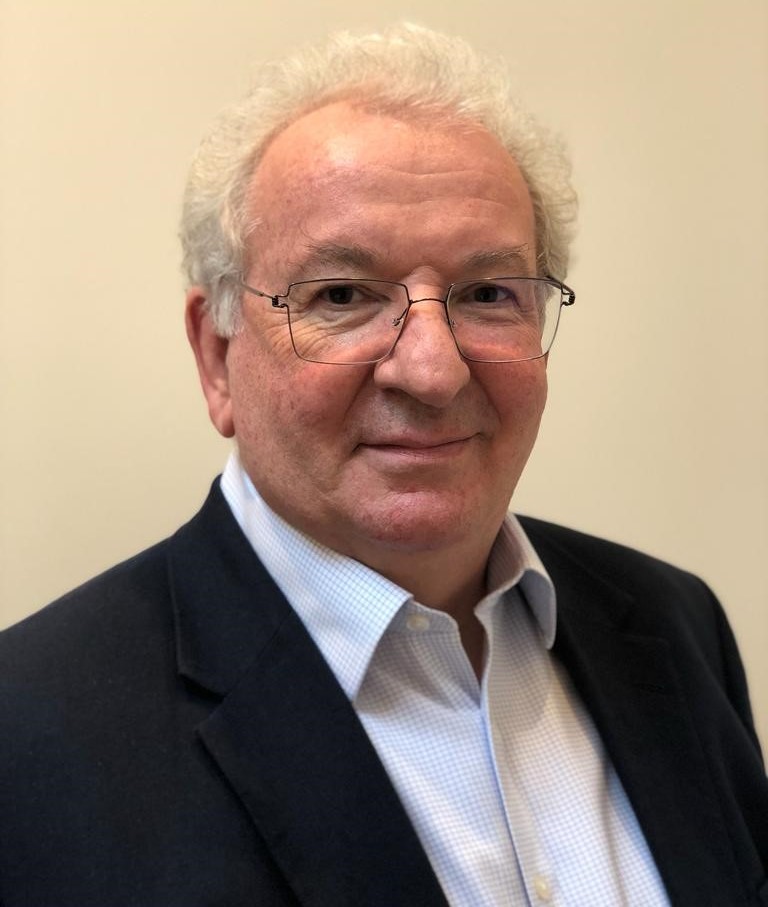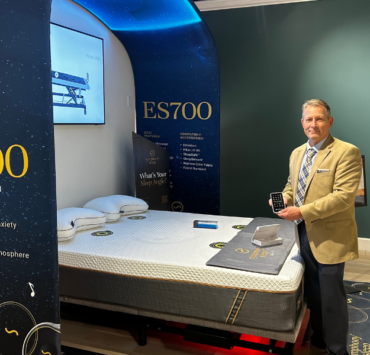Cambridge Sleep Sciences has announced the results of a second trial of its pioneering SleepEngine technology, demonstrating the effectiveness of the technology in helping to improve the quality of adult sleep.
SleepEngine technology works by delivering a scientifically developed sequence of sound waves designed to guide the brain through the full cycles of healthy sleep. As demonstrated in a prior trial and years of real-world evidence, when one of the sleep programs is selected, users fall asleep faster, stay asleep for longer and wake up feeling refreshed and energized.
Results presented by Dr. Nigel Guest, who led the trial at the Third European Congress of Neurology and Neuropsychiatry in Amsterdam, showed that all trial participants using the SleepEngine technology reported an improvement in their sleep quality.

The trial consisted of 19 adult participants with self-reported insomnia for more than six months, who used a SleepHub device featuring the SleepEngine technology for a period of 12 weeks. Their sleep quality was measured using a sleep diary and the globally respected Pittsburgh Sleep Quality Index rating scale ranging 0-21, where higher scores indicate poorer sleep quality and a change of 3 points is considered significant.
From a baseline score of 11.21, the PSQI decreased by a statistically and clinically significant level of 4.21 (p<0.001) to a score of 7, indicating a substantial impact on sleep quality, taking trial participants from the moderate to the mild sleep difficulty range.
During the eight-week washout phase, where the technology was no longer being used, its impact was still experienced with the PSQI score decreasing further by 1.28 (p<0.012) to 5.72. Most participants expressed a desire to use the SleepHub device again once the trial had finished.
The latest trial results support the first unpublished trial in 2016 of the SleepEngine technology in a prototype device, where results showed that 92% of participants experienced an improvement in their sleep quality and an average increase in time asleep of 155 minutes. The latest trial results also reflect the anecdotal feedback received from worldwide users of the SleepHub device whilst the product has been in the market during the past four years.
“Quality sleep is so important to our mental and physical health,” says Guest. “Doctors know that poor sleep has serious long-term consequences, continues to be a challenge for many, and the currently available solutions are inadequate. These trial results demonstrate the impact which this unique sound technology has on sleep quality without any of the adverse effects experienced by other sleep interventions.”
In addition to the SleepHub bedside device, CSS recently launched a SmartPillow which features the same SleepEngine technology delivered using a compact audio unit embedded within a high-quality pillow and controlled by a bespoke app.
CSS has developed its licensing proposition for both embedded and streamed applications of the SleepEngine technology and following recent successful U.S. trade events, has unlocked significant opportunities in the bedding category with leading pillow and mattress retailers, manufacturers and suppliers. The company is also collaborating with premium audio brands, health-tracking brands such as Ultrahuman and global esport performance coaching agency Achieveminds.
“These second trial results validate our first trial and endorse what we are seeing in the market — our SleepEngine technology delivered through various applications helps to improve the quality of sleep and importantly, the quality of life for its users,” says CSS Chairman Dr. Chris Dickson. “We are excited to focus on the next phase of our business growth, progressing all the licensing opportunities for the technology and driving forward our science-led innovation plans.”





